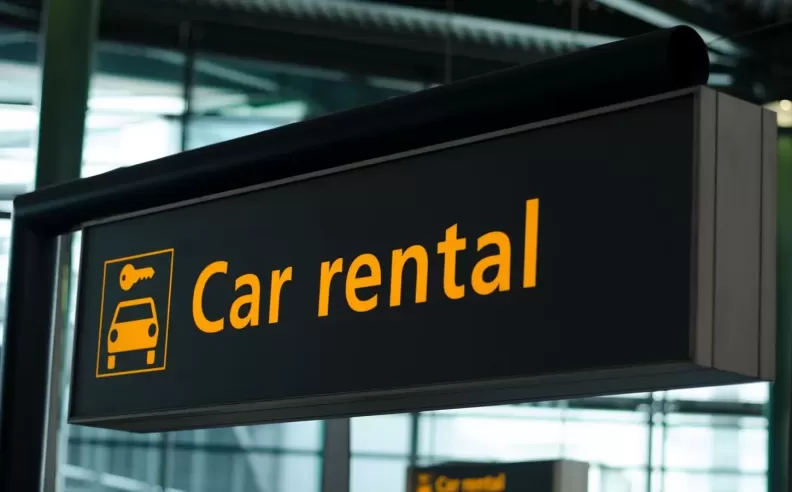
In the vibrant and ever-expanding United Arab Emirates (UAE), the choice between leasing and rental vehicles is a crucial decision for residents and businesses alike. With a diverse array of options available, understanding the key differences between these two forms of mobility is essential to make an informed decision. In this article, we will explore the advantages and disadvantages of leasing and rental services in the UAE, helping you determine which option suits your needs better.

Leasing a vehicle in the UAE involves signing a contract to use a car for an extended period, typically ranging from one to five years. This option is most suitable for individuals or businesses seeking a stable, long-term solution. Here are some key benefits of leasing:
Cost Efficiency: Leasing often offers lower monthly payments compared to rental services, making it an attractive option for those on a budget. Additionally, maintenance costs are generally included in the lease agreement, reducing the financial burden on the lessee.
Vehicle Customization: Since leasing offers a longer commitment, lessees have more flexibility in customizing their vehicles according to personal preferences or business requirements. From branding to specialized equipment installations, leasing allows for more tailored solutions.
Regular Vehicle Upgrade: Leasing provides the opportunity to drive the latest models without the hassle of selling or trading in a vehicle. Lessees can upgrade to a new vehicle at the end of the lease term, keeping up with the latest automotive advancements.
However, there are a few drawbacks to consider with leasing:
Long-Term Commitment: Leasing requires a commitment for a specific period, and early termination of the lease can result in penalties. If your mobility needs change unexpectedly, you may find it difficult to exit the lease agreement without incurring additional costs.
Limited Mileage: Most lease agreements impose mileage restrictions, penalizing lessees for exceeding the predetermined limits. If you have a high mileage requirement, leasing may not be the most suitable option for you.

Rental services offer a flexible and convenient solution for individuals and businesses seeking short-term mobility solutions. Here are some advantages of renting a vehicle in the UAE:
Flexibility: Rental services allow you to choose the duration of vehicle usage, ranging from a few hours to several months. This flexibility is particularly useful for tourists, business travelers, or individuals needing a vehicle temporarily.
Wide Variety of Choices: Rental companies offer a diverse fleet of vehicles, accommodating various preferences and needs. From compact cars to luxury SUVs, there is an extensive range of options available to cater to different requirements.
No Long-Term Commitment: Unlike leasing, rental services do not require a long-term commitment. You have the freedom to return the vehicle once your usage requirement is fulfilled, without any penalties or termination fees.
However, rental services also have a few considerations:
Cost: In general, rental services tend to have higher daily rates compared to leasing due to their short-term nature. If you require a vehicle for an extended period, leasing may be a more cost-effective option.
Maintenance Responsibility: Renters are typically responsible for maintaining the vehicle during the rental period. Any damage or necessary repairs may result in additional charges, which can increase the overall cost of renting.
In the UAE, both leasing and rental services have their own unique advantages and considerations. If you are looking for a long-term commitment with lower monthly payments and customization options, leasing may be the better choice for you. On the other hand, if you require a flexible, short-term solution without any long-term commitments, rental services offer convenience and a wide range of vehicle options.
Ultimately, the decision between leasing and rental services in the UAE depends on your specific needs, budget, and mobility requirements. By carefully evaluating the pros and cons of each option, you can make an informed choice that aligns with your preferences and circumstances.

Wael is an automotive content writer specializes in creating written content for Motor 283. Producing a wide range of content, including blog posts, articles, product descriptions, reviews, and technical guides related to cars, trucks, motorcycles, and other vehicles, with an unprecedented passion for cars, and motorcycles.

